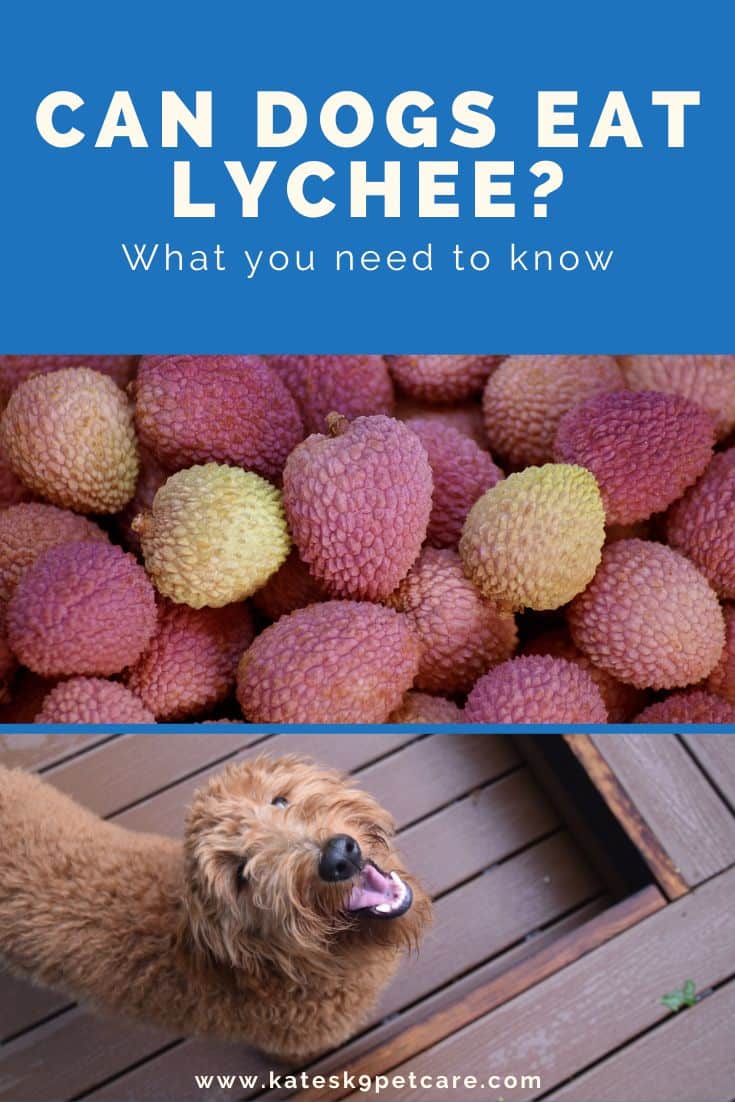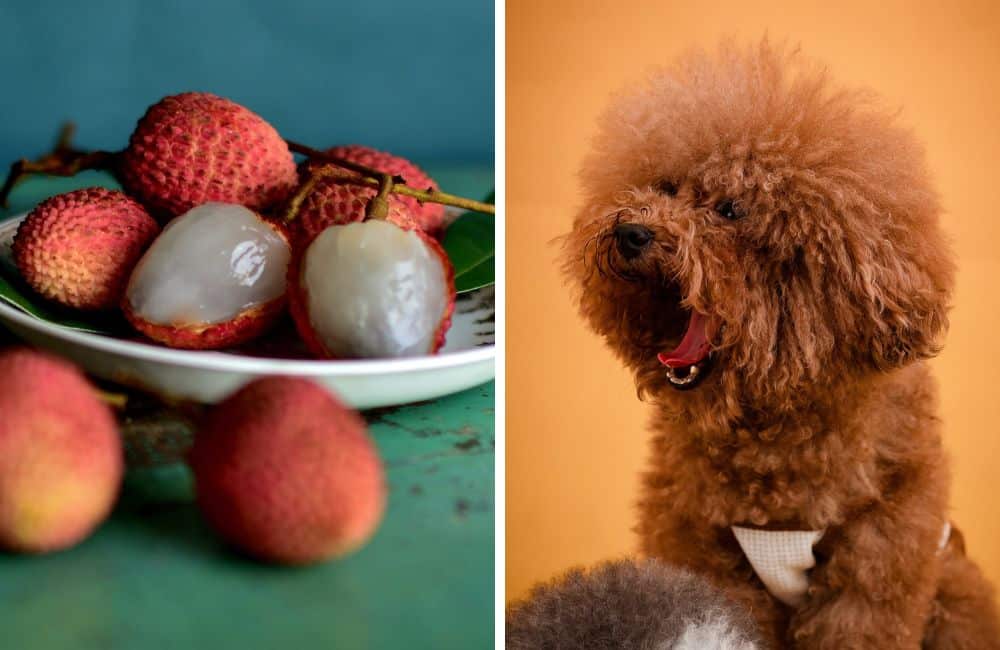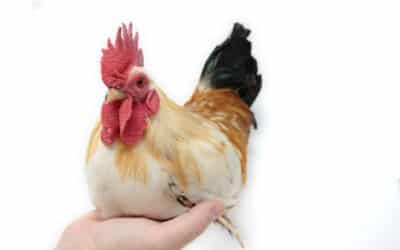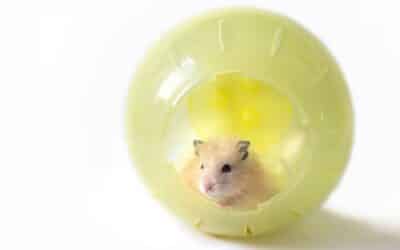If you’ve been a dog owner for a while, you’ll know that our furry friends want us to share anything we eat with them. Even if it’s exotic fruits! As a result, you may be wondering: can dogs eat lychee? Let’s find out!
What is lychee?
Lychee fruit is native to China and grows in bunches on small to medium-sized trees that belong to a genus with only one member: Litchi chinensis. They’re members of the soapberry family and were domesticated for human consumption as far back as 3000 years ago! Nowadays, they’re grown in tropical countries all over the world, although China is still the largest producer of lychees. There are many different lychee cultivars and varieties.
Most of us are only familiar with canned lychees, but you can actually buy fresh ones in some Asian supermarkets, as well as in online fruit stores. We’ve even seen them pop up in supermarkets more regularly in recent years! They’re about the size of walnuts, reddish-pink in color with tough, bumpy skins and pale flesh.
You’ll have to peel off the skin and remove the seed to be able to enjoy the edible lychee flesh, but it’s well worth the effort. Although they’re small and there isn’t a lot of flesh on each of them, these fruits are wonderfully juicy and sweet, with a touch of acid and a distinctly floral aroma. Serve them with a cheese platter, use them in sweet and sour dishes, or whip up a nice tropical fruit salad!
Can dogs eat lychee?
Yes, dogs can eat the occasional lychee, and most will appreciate the chance to try a new food. Still, as with most foods, there are a few caveats. The most important thing to keep in mind is that the fruits need to be fully ripe. They’re not safe to eat – for humans or dogs – if they’re not. Most lychee varieties are ripe when their skins are pink, although there are also a few green-skinned varieties, so it can help to ask the seller. Remember that this fruit doesn’t ripen after being picked, so there’s no use in leaving unripe lychees out on the counter for a few days.
Fresh lychee fruits contain plenty of fiber and other nutrients and vitamins that your dog can benefit from, including high levels of vitamin C. They’re also low in calories, so there’s no need to worry about your pooch getting fat off them. Canned lychees are a different story. They contain too much added sugar to make for a suitable dog snack. The same goes for lychee syrup and jelly.
Did you know? Dogs can also eat rambutan, a small fruit with a spikier peel that’s closely related to lychee. The same rules and guidelines apply for this fruit if you’d like to offer some to your pet.

How to feed lychee
If you want to share some lychee with your dog, make sure you don’t overdo it. One or two fruits at a time are more than enough! Eating too much of a totally new food all of a sudden can upset your dog’s tummy, especially since lychees are very high in fiber.
You should also fully peel the fruit: our furry friends can’t digest the peels, they’re a choking hazard, and they’re actually toxic, too.
It’s very important to also remove the seeds from lychee fruits before offering them to your dog. They contain Methylene cyclopropyl acetic acid (try saying that three times fast!), which can cause hypoglycemia (also known as low blood sugar). In humans, the consumption of lychee seeds or unripe lychee fruits is associated with hypoglycemic encephalopathy, which is when extremely low blood sugar levels cause coma or stupor. So keep lychees that haven’t been peeled and deseeded yet out of your dog’s reach!
Conclusion
So, can dogs eat lychee? Well, technically, they can. Lychee fruits are tasty and if served properly, they’re also quite healthy. However, it’s important to peel and deseed them before offering them to your dog. Don’t give canned lychee, and be sure to always keep your furry friend away from any lychees that still have their peels and seeds.
Want to add more variety to your dog’s diet but aren’t sure which foods you can and can’t share? Don’t forget to have a look at our full dog food safety category, where we discuss popular foods and whether they’re safe for your pet or not.







